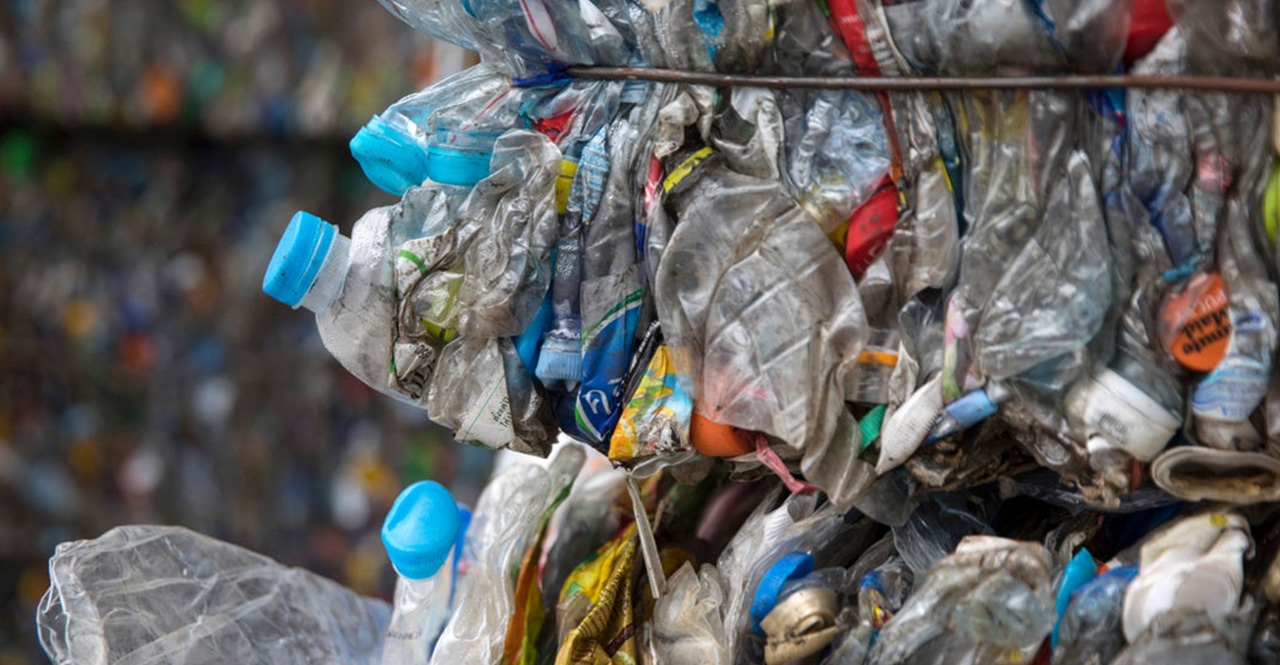Professional Recommendations on Reclaim Waste Liquid Waste Removal and Industrial Waste Water Treatment
The Essential Role of Appropriate Liquid Waste Elimination Techniques in Waste Monitoring
In the world of waste administration, the importance of using appropriate fluid waste removal approaches can not be overstated. The elaborate web of interconnected ecological, wellness, and security factors to consider hinges on the effective monitoring of liquid waste. From guarding our environments against contamination to maintaining public wellness standards, the proper disposal of liquid waste plays a pivotal role in keeping a lasting and healthy atmosphere. This critical role extends past simple waste elimination, affecting a wide variety of sectors and facets of our day-to-days live. It is within this framework that the execution of sound fluid waste elimination techniques stands as a foundation of accountable waste management methods.
Importance of Correct Fluid Waste Removal
Why is proper liquid waste elimination essential in keeping public and environmental health and wellness requirements? Correct fluid waste elimination is important for safeguarding the environment and supporting public wellness requirements.
Environmental Advantages of Effective Strategies
Implementing effective fluid waste removal strategies not only safeguards the environment but also plays a vital role in preserving public wellness criteria. By using proper strategies, such as innovative filtering systems and accountable disposal methods, the ecological advantages are considerable. One of the primary benefits is the avoidance of contamination of natural water sources. Incorrect disposal of liquid waste can cause pollutants seeping right into the soil and ultimately getting to groundwater storage tanks, affecting both human wellness and environments.
Furthermore, efficient fluid waste elimination methods aid mitigate the risk of waterborne illness. Toxic chemicals in fluid waste can have harmful results on freshwater and marine organisms, interfering with environments and biodiversity.
Health Ramifications of Inadequate Removal
The destructive wellness effects related to poor liquid waste removal emphasize the vital importance of proper disposal methods and reliable administration methods. Improper removal of fluid waste can result in the contamination of water sources, presenting significant health dangers to both humans and wild animals. When fluid waste including dangerous chemicals, microorganisms, or other contaminants is not adequately gotten rid of and treated, it can permeate into groundwater, rivers, and seas, jeopardizing the high quality of drinking water and aquatic communities.
Direct exposure to infected water because of inadequate fluid waste elimination can lead to numerous illness, consisting of intestinal ailments, skin infections, breathing issues, and much more serious problems such as organ damages or neurological disorders. Additionally, the release of without treatment fluid waste into the setting can contribute to the spread of waterborne illness, creating public health dilemmas that call for significant sources to resolve.
Consequently, carrying out proper liquid waste removal strategies is important to guarding public health and maintaining the stability of environments. Liquid waste removal. By prioritizing efficient waste monitoring methods, we can mitigate the wellness dangers connected with insufficient fluid waste removal and promote a healthier setting for all
Duty in Avoiding Water Contamination
Reliable liquid waste removal techniques play a critical role in preventing water contamination and securing public health and wellness. Improper disposal of liquid waste, such as neglected sewer or industrial effluents, can result in the helpful site contamination of water sources, posturing severe dangers to human wellness and the setting. When liquid waste is not appropriately eliminated and treated, harmful compounds can leak into groundwater, rivers, and oceans, you could try these out contaminating alcohol consumption water materials and aquatic ecological communities.
Contaminated water can bring a range of pollutants, consisting of microorganisms, heavy metals, and chemicals, that have the possible to cause waterborne diseases, environmental damages, and lasting health and wellness effects in humans and wild animals. Correct fluid waste elimination strategies, such as wastewater therapy plants, septic systems, and industrial effluent treatment centers, are important for eliminating or counteracting harmful pollutants before they can get in water bodies.
Making Certain Safe Disposal Practices
Ensuring proper disposal techniques for liquid waste is vital to safeguard water sources and public health and wellness from contamination dangers. Safe disposal practices include adhering to laws and standards stated by ecological agencies to decrease the influence of liquid waste on the atmosphere. Correct control and storage space of fluid waste are vital to avoid leaks or spills that might leak into the soil and pollute groundwater sources. Implementing effective therapy approaches, such as filtering or chemical procedures, prior to disposal can also dramatically minimize the hazardous impacts of liquid waste on the atmosphere.

Conclusion
Finally, appropriate fluid waste removal strategies play an important role in waste monitoring by stopping ecological contamination and securing public wellness. Effective elimination approaches ensure the secure disposal of liquid waste, decreasing the unfavorable influence on ecosystems and water resources. It is vital for individuals and industries to embrace responsible practices to reduce the dangerous results of incorrect liquid waste disposal.
In the world of waste management, the value of utilizing proper liquid waste removal methods can not be overstated. It is within this structure that the application of sound fluid waste elimination techniques stands as a cornerstone of accountable waste monitoring techniques.
